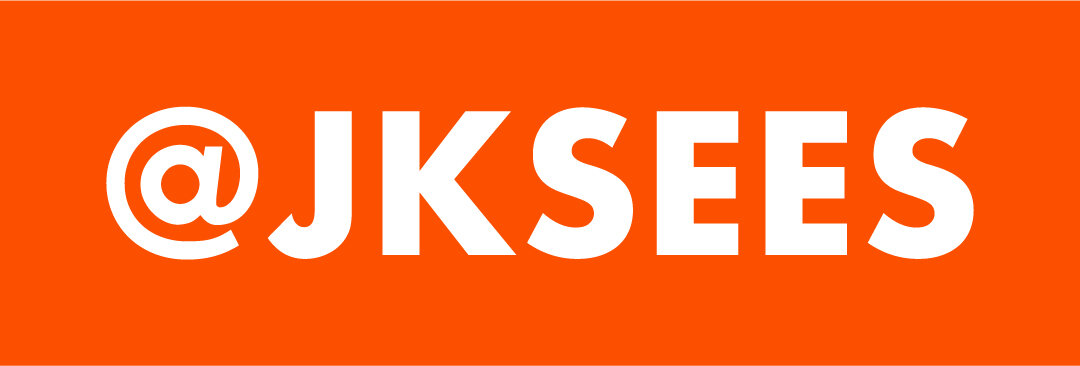A complex situation.
Today, the USA will open its new embassy to Israel in Jerusalem. It signifies a move to recognise the Israeli claim that this most sacred, contested city shall be its capital, but moves to enrage Palestinians and Arabs.
It’s a complex situation, and one which I am certainly not qualified to speak on with authority. However, like with many debates happening around the world, the argument – somewhat understandably due to the historical religious nature – is polarised. There is one extreme or another and no middle ground.
What also makes a Brit unqualified to speak on such issue is our own failings around a territory divided by religion. Northern Ireland continues to see a tension between factions of Christianity which still doesn’t have a true resolution.
Mostly, it seems to stem from an absolute belief of entitlement to something which stems from religious teaching. But Jerusalem is the centre of many religions, not only Judaism.
The trouble with any debate that is polarised means that there is no compromise, no middle way which would often be the best solution. In the UK recently Brexit was one extreme choice to leave or one choice to stay. In this debate, a middle option of compromise, of reforming, of evolving to a new era of the European Union was overlooked.
It’s almost as if governments and those in power don’t trust the electorate (or perhaps the media) to make up their minds in a more nuanced conversation. The electorate isn’t smart enough to understand a ‘complex’ third option and therefore only the two polar opposites exist. We see this in the UK’s voting system which gives preference to two-party parliaments. We see it more starkly in US politics with the non-existence of a third party.
In the Scottish referendum for independence in 2014 I felt slightly uneasy about being a born-and-bred English person visiting Scotland to convince Scots to vote to remain with the UK. After all, it’s up to the people to self-determine how they wish to be represented, how they want their society to grow.
However, I’m not just English. I am British and European, male, gay, liberal to name a few.
But then look at Berlin in 1989. Communities divided, separated from each other. Families on either side of a divide they didn’t ask for. In the events of that year, we can seek hope. But change comes, as much as presidents and prime ministers believe they are responsible, from the people.
The divide along religious lines is perhaps harder to bridge, but it seems to me that when we collaborate, and are united in a common goal, we can join together and become stronger.
Trump’s move to relocated the US embassy in Jerusalem is the wrong one. Instead of fuelling further divide, he should be working to bring the people of Israel and Palestine together.
The radical notion that both nations can recognise each other, that they can live side by side in a society which respects the difference, that compromises and collaborates would make this region – whether formed from a two-state solution or a singular, perhaps secular state, stronger. It would allow for focus to not be on division – but on the future. A strong future for the next generation which would bring an end to conflict.
Ultimately though, it’s down to both Israelis and Palestinians to seek this approach. To yearn to work together, and break down the barriers between their communities and governments, and seek what might be considered a radical solution of a secular state, but actually is the middle ground, the third way, the compromise which may just solve the situation.
Let’s hope more people throughout the world can find it in themselves toput aside difference to make the world better for generations to come.
Update (07:21, 15 May 18): When I drafted this, it was before the news of deaths of Palestinians. Israel murdered 55 Palestinians, and over 2,700 people were injured in the violence. A direct question to President Trump – you have blood on your hands – was it worth it?

